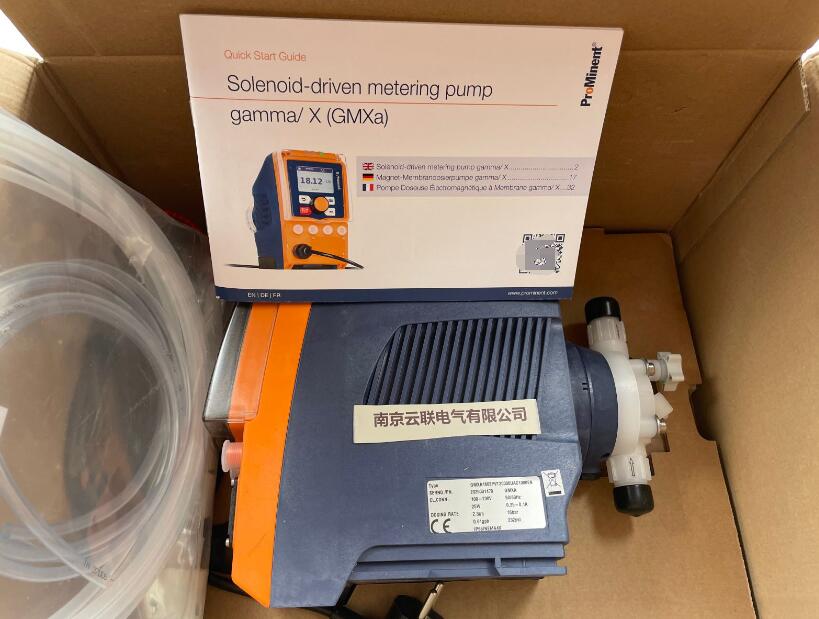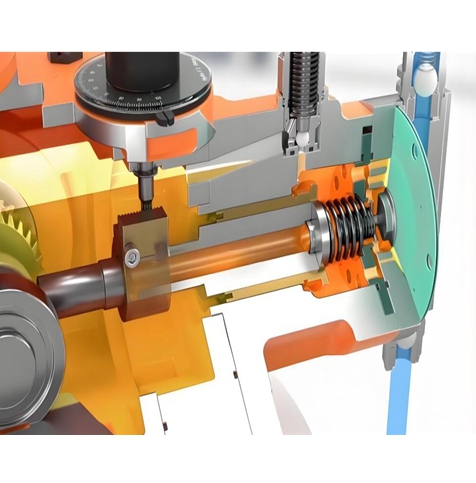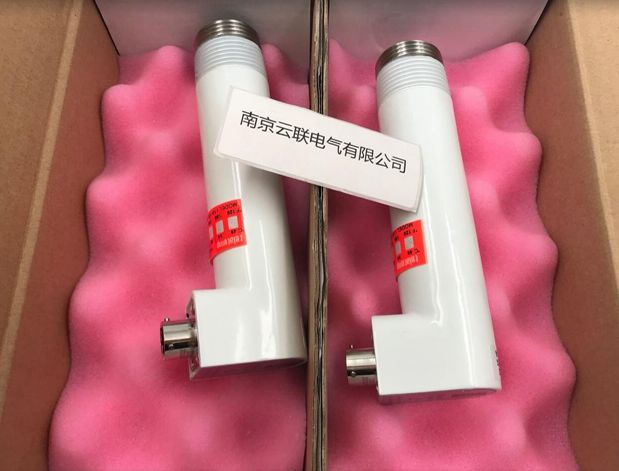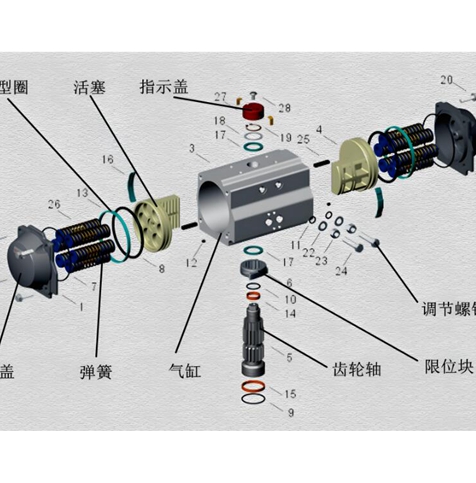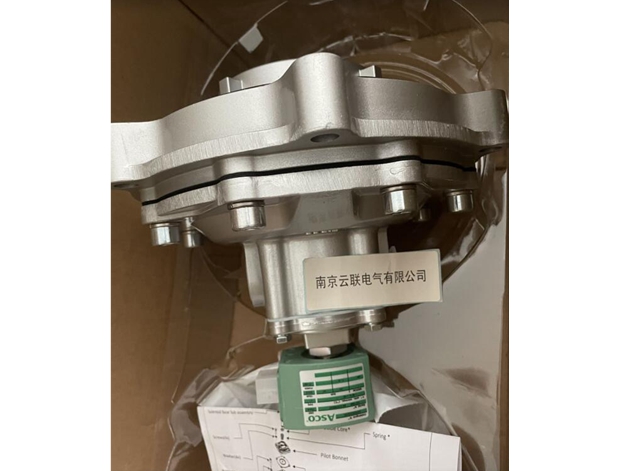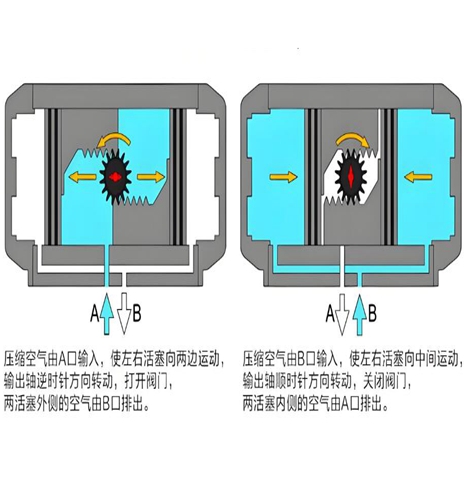详细介绍
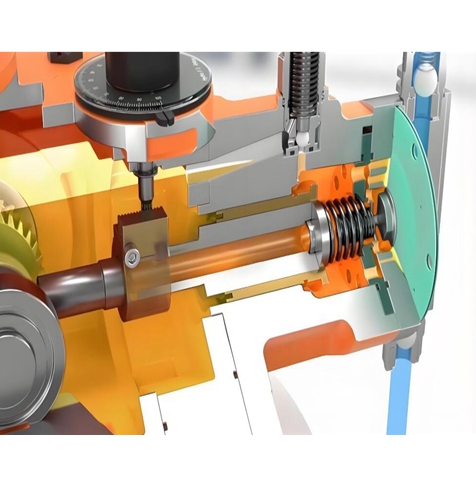
Handling and maintenance of electrical faults in metering pumps:
The electrical system of the metering pump is the "nerve center" of its operation, and electrical faults can cause the metering pump to malfunction or experience abnormal operating conditions.
1、 The motor does not start
When the motor does not start, first check the power supply situation. Check if the power switch has tripped, if the fuse has blown, and if the power cord is damaged or loose. If the power switch trips, it is necessary to check whether there is a short circuit or overload in the circuit, eliminate the fault, and then close it again; If the fuse is blown, it is necessary to replace it with a suitable specification fuse and check whether there are any damaged components in the circuit that cause excessive current. Secondly, check the control circuit of the motor. Malfunctions of control components such as contactors and relays, such as contact oxidation and coil burnout, can cause the motor to fail to start properly. A multimeter can be used to measure the coil resistance and contact continuity of control components. If faulty components are found, they should be replaced in a timely manner. In addition, faults in the motor itself, such as winding short circuits, open circuits, or grounding, can also prevent the motor from starting. For motor winding faults, professional testing equipment is required to detect and determine the fault point before repairing or replacing the motor winding.
2、 Motor overheating
Overheating of the motor can shorten its service life and may even cause serious accidents such as fires. Motor overload operation is one of the common causes of overheating. When the working load of the metering pump exceeds the rated power of the motor, the motor current will increase, resulting in excessive heat generation. At this point, it is necessary to check the operating conditions of the metering pump, such as whether there are pipeline blockages, excessive outlet pressure, etc., to eliminate the fault factors and ensure that the motor operates within the rated load range. Secondly, poor heat dissipation of the motor can also lead to overheating. Damage to the cooling fan of the motor, blocked ventilation openings, or excessive dust on the surface of the motor can all affect the heat dissipation effect. Regularly clean the dust on the surface of the motor and ventilation openings, check if the cooling fan is running properly, and replace it promptly if the fan is damaged. In addition, motor phase loss operation can also cause overheating. When there is a phase loss, the three-phase current of the motor is unbalanced, resulting in a large negative sequence current and causing the motor to overheat. At this point, it is necessary to check the power circuit and motor wiring terminals to ensure that the three-phase power supply is properly connected and the wiring is secure.
3、 Control system malfunction
The control system of the metering pump is responsible for adjusting the operating parameters and working status of the pump. Failure of the control system can affect the normal operation and metering accuracy of the pump. Sensor malfunction is one of the common control system problems. If the flow sensor, pressure sensor, etc. fail and cannot accurately detect the corresponding parameters, it will cause the control system to be unable to adjust the operation of the metering pump normally. For sensor malfunctions, calibration equipment needs to be used to calibrate the sensor or replace damaged sensors. In addition, controller failures, such as controller program errors, hardware damage, etc., can also cause the control system to fail. When the controller malfunctions, it is necessary to analyze and judge based on the fault symptoms, and if necessary, contact the manufacturer's technical personnel for repair or replacement of the controller.
Timely resolution of electrical faults in the metering pump can ensure its stable operation and reliable functioning. #Metering pump, electrical malfunction, motor not starting, motor overheating, control system failure
